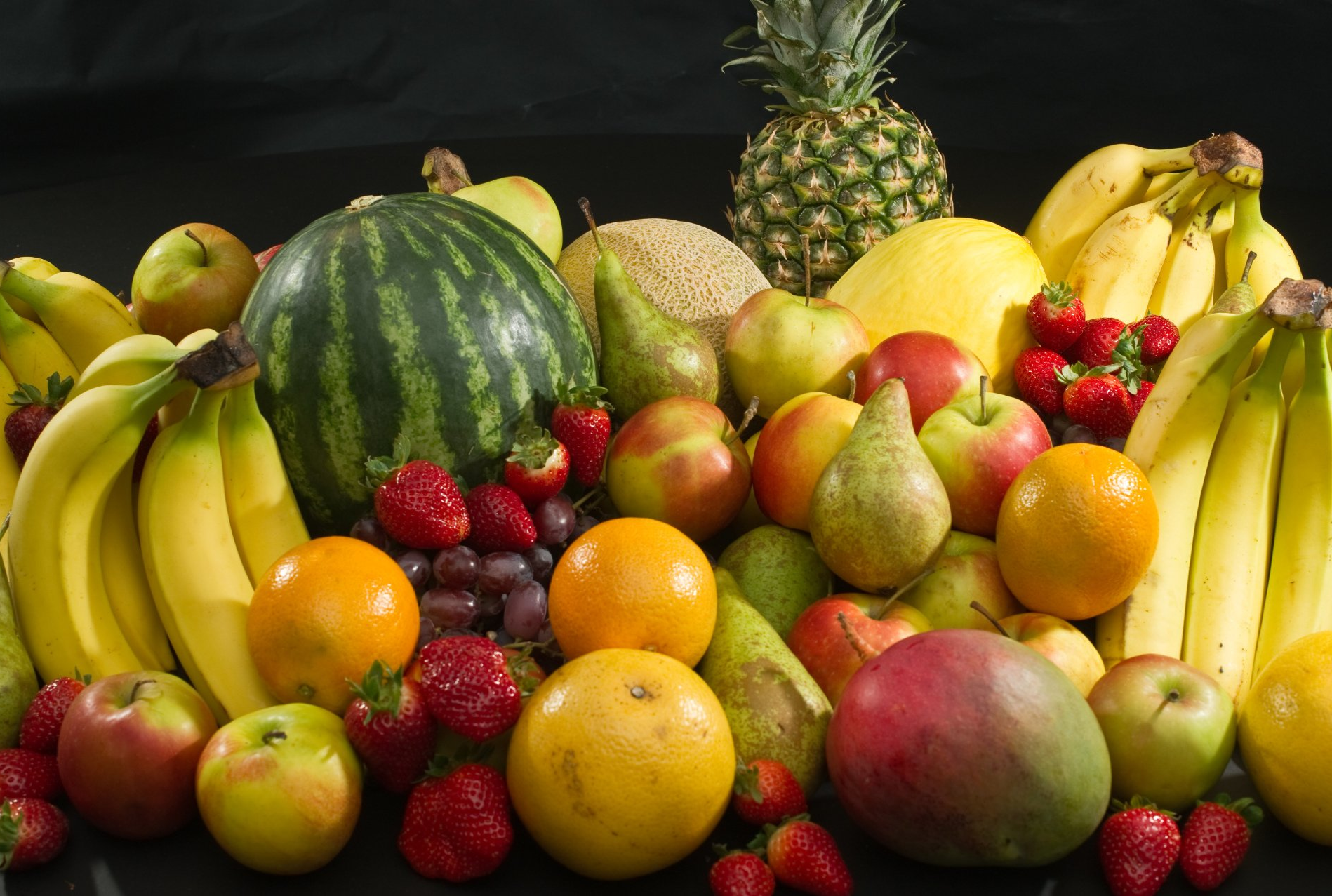Shared Culture of Oneness- Here, There and Elsewhere: What of Cultural Capital?
- By kwende ukaidi
- •
- 07 Nov, 2024
- •
Celebrating the Magnificent Harvest of All-Year-Round Ascension

The term capital can relate to the primary status of some phenomenon being described as in capital city for example. In the context of this discussion the term cultural capital is used to highlight the powerful significance of Afrikan culture to Afrikan people. This is the equivalent of saying that Afrikan civilisation is of powerful significance to Afrikan people.
Unfortunately, in the context of contemporary world interruptions and disruptions, the core and foundational place that Afrikan culture naturally holds in the lives of this soul people may be destructively set upon by others that mean the Afrikan ill. This may be to the point where the highly cultured (highly civilised) norms of Afrikan souls become disastrously skewed or even nullified.
Despite the challenges, it is only Afrikan souls themselves that are able to restore or recover their own culture to its natural place of fundamental significance. An outstanding example of such restoration in a creative way can be found in the value system of the Nguzo Saba and the cultural observance period of Kwanzaa from which it emanates.
It may be useful at this point of the discussion, to bring forth some definitional detail of the term cultural capital. According to a contemporary mainstream source the following may be relevant:
“cultural capital comprises the social assets of a person (education, intellect, style of speech, style of dress, social capital etc.) that promote social mobility in a stratified society. Cultural capital functions as a social relation within an economy of practices (i.e. system of exchange), and includes the accumulated cultural knowledge that confers social status and power”.
To bring focus to the Afrikan experience adaptation of this sourced detail is considered apt. This can be critical to do especially in times of disruption and interruption where the such endeavours such as education may indeed be a barrage of miseducation in all practical reality. In this regard, the question of what education is fundamental to Afrikan life across the board is also worthy of attention. Additionally, because Afrikan culture is naturally of core substance to Afrikan life, the tertiary levels of cultural expression and cultural aesthetics can be considered ancillary to the foundational base. With this in mind, the following may be expressed as a result of alteration:
“Afrikan cultural capital comprises the foundational social assets of each Afrikan soul (knowledge of self, cultural intellect, cultural engagement / practice and so on) to allow vital and cohesive functioning of the Afrikan to be realised whether located, here, there or elsewhere. Afrikan cultural capital functions as a social relation within the sphere of Afrikan life and is expressed via the self-determined societal constructs of Afrikan souls themselves inclusive of their own systems of exchange that best services their fullest flourishing and security. The unique, prolific and naturally accumulated cultural knowledge of the Afrikan (who ushered culture into being in the first place) is key to the fundamental empowerment of this whole people here, there and elsewhere”.
Afrikan souls surely have a duty and responsibility to themselves to return their highly cultured foundation to their lives and to empower their imperative and continual thrust for their ascension of rightful order. Just like the important place of prominence a city may have to be described as being capital, Afrikan culture also has its natural place of being a prominent, core and foundational hub in Afrikan life. This is surely important for Afrikan souls to consider, especially in the light of knowing that civilisation is not of happenstance.
Kwanzaa is one of the essential cultural observances of life within the Universal Royal Afrikan Nation. The Universal Royal Afrikan Nation (URAN) is an Afrikan-centred spiritual and cultural mission for ascendancy that embodies living spiritually and culturally rooted life. To find out more about URAN and its spiritual-cultural mission for liberty and nationhood click here. The exquisite URAN pendant can be obtained online by clicking here.
In his capacity as an Afrikan-centred spiritual cultural practitioner this author is available for further learning in this regard and also for the carrying out of ceremonies such as naming and name reclamation. For details please click here.
Afrikan World Studies programmes are an important forms of study in understanding the Afrikan experience. There are a range of subjects covered on these programmes including History, Creative Production, Psychology and Religion. To find out more about these learning programmes please click here. For the video promo for these learning programmes click here.
Also, in the approach to the important cultural observance of Kwanzaa, the text: From Pert-En-Min to Kwanzaa - A Kuumba (Creative) Restoration of Sacred First Fruits by this author is available to purchase online here. This publication provides informative detail on the of the Kwanzaa celebration. You can also visit the institution of Yemanja -O to pick up a copy.
At nominal cost, also consider acquisition of an a4 laminate poster of articulations by this author when visiting the Yemanja-O establishment to enrol, consult, learn, gather or otherwise.
